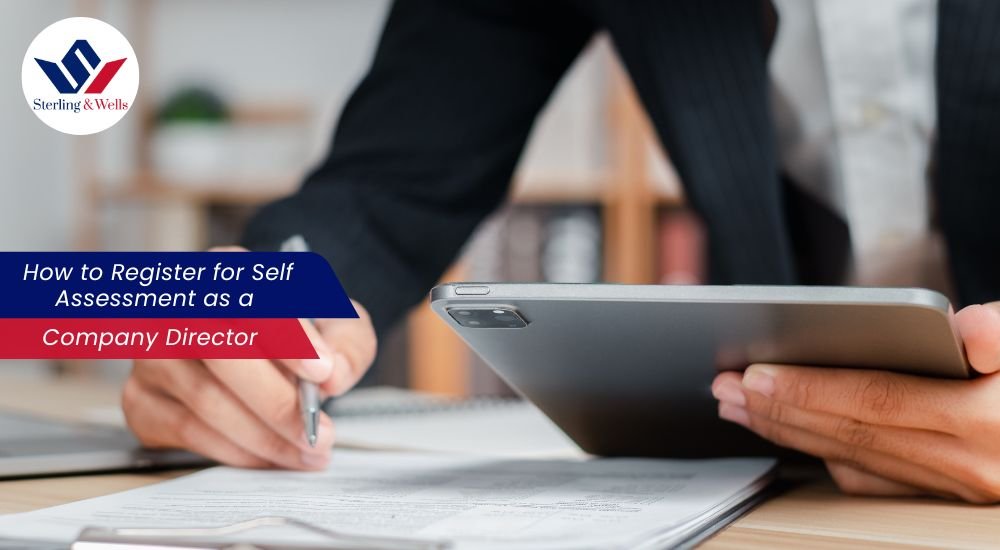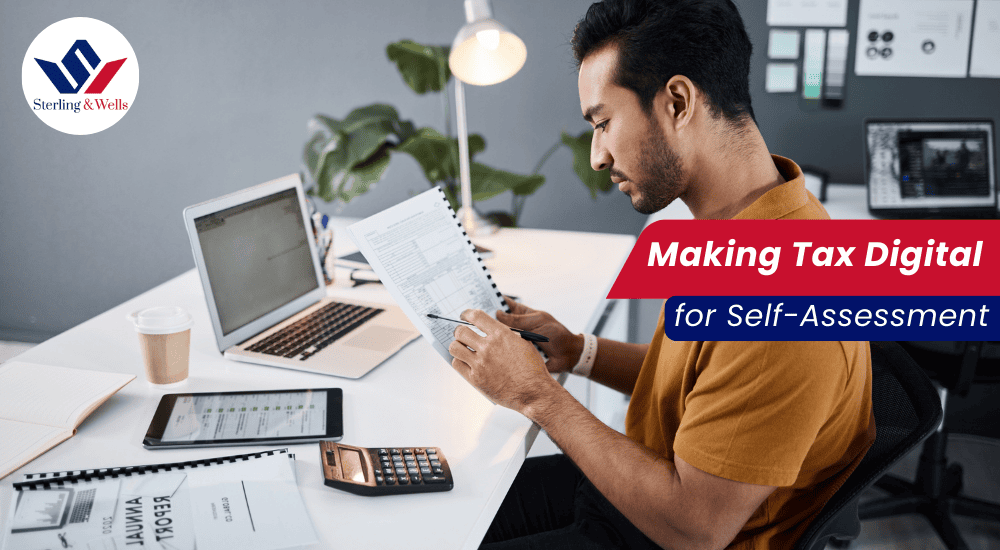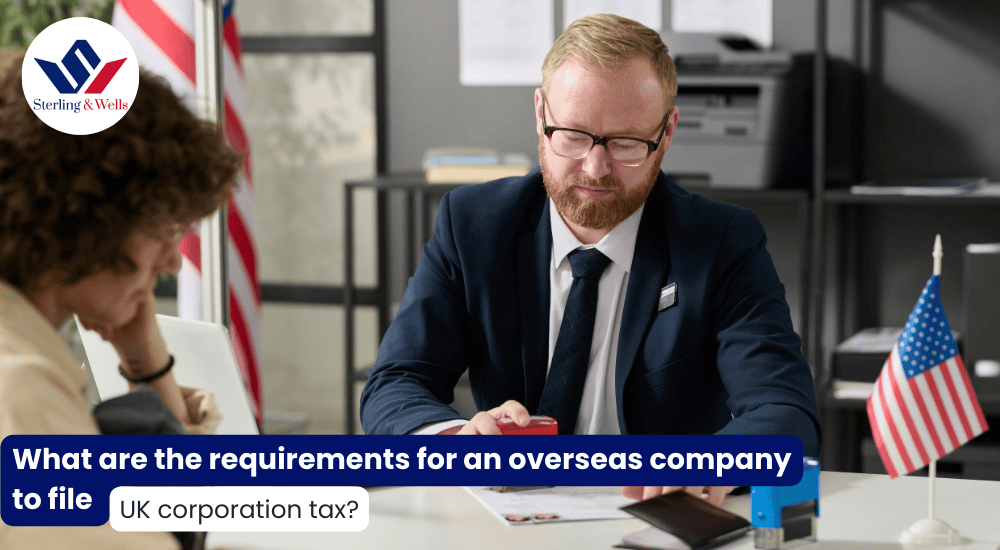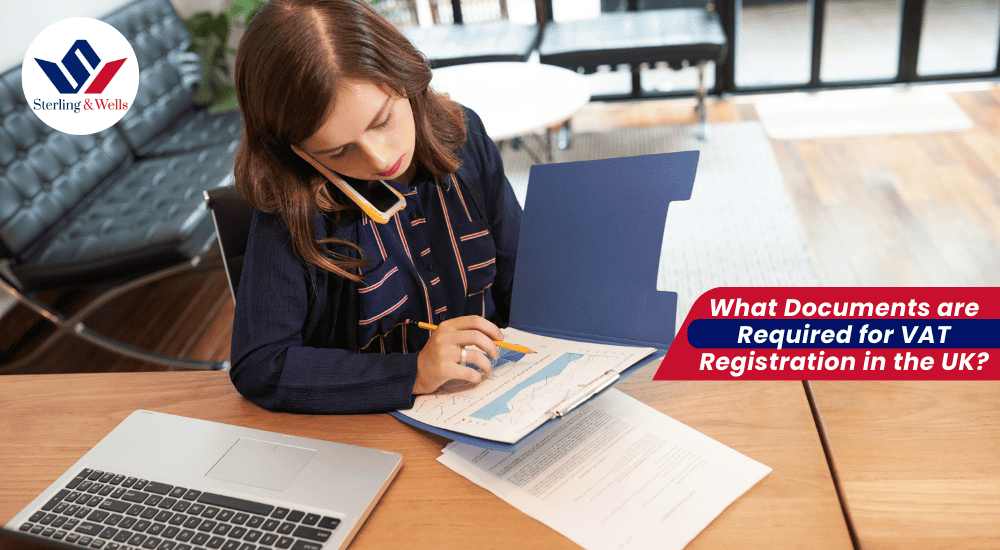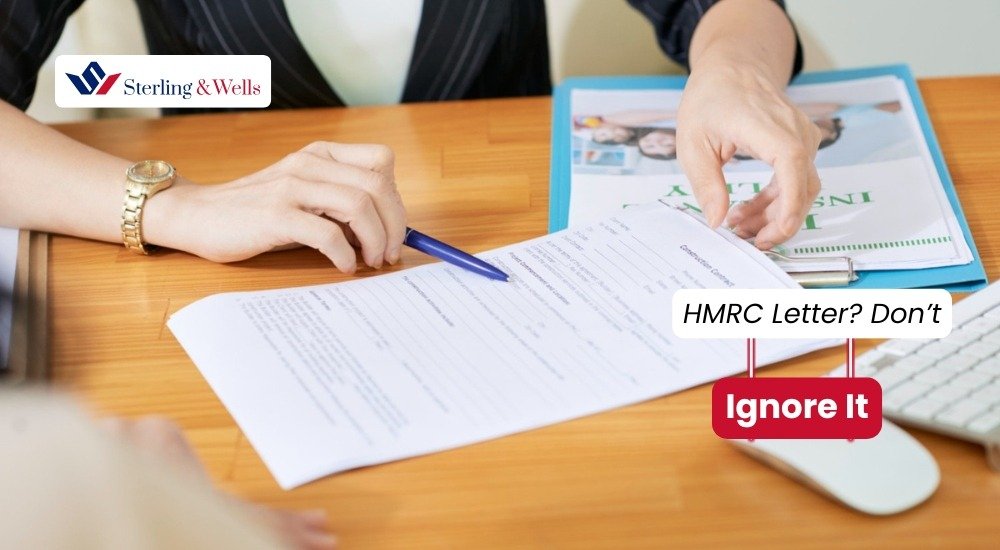Being a company director in the UK comes with more than just leading a business—it also brings specific tax responsibilities. While many directors receive their income through PAYE, there are often additional earnings or benefits that HM Revenue & Customs (HMRC) needs to know about. One key obligation is registering for Self Assessment.
Understanding this process early on can save you time, stress, and potentially avoid costly penalties. In this guide, we explain exactly how company directors can register for Self Assessment, why it matters, and the steps to stay fully compliant.
Understanding Self Assessment for Company Directors
Self Assessment is HMRC’s way of ensuring that everyone pays the correct amount of Income Tax. For company directors, this often goes beyond a simple salary. You may receive dividends, bonuses, benefits in kind, or other sources of taxable income that aren’t automatically accounted for through PAYE.
Filing a Self Assessment tax return ensures that all of your income is reported accurately. It’s more than just ticking a box—it’s about taking control of your finances, staying compliant, and reducing the risk of HMRC penalties. Early registration sets up your official tax account and gives you a clear framework to manage your obligations, making future tax seasons far less stressful. With this in mind, the next step is to determine whether you personally need to register for Self Assessment.
Do You Need to Register for Self Assessment?
Not all directors are automatically required to register, but if any of the following apply to you, registration is necessary:
- You are a director of a limited company (unless your income is fully taxed via PAYE and you have no other income streams)
- You have untaxed income, such as dividends, rental income or investment earnings
- You receive benefits or income that is not taxed through PAYE, such as company perks, reimbursed expenses or other allowances
If any of these situations fit your circumstances, it’s important to act promptly. The deadline for registration is usually 5 October following the end of the tax year, and missing this deadline can trigger fines starting at £100, escalating if registration is further delayed. Once you’ve determined that registration is necessary, the next question is: how do you actually register?
How to Register for Self Assessment
For company directors, the process usually involves completing form SA1, designed for individuals who are not self-employed but still need to file a tax return.
The fastest and most convenient way to register is online through the HMRC website. After submitting the form:
- HMRC will send you a Unique Taxpayer Reference (UTR) by post, generally within 10 working days (slightly longer if you are abroad)
- Your UTR is vital—it must be quoted whenever you submit returns or communicate with HMRC about your Self Assessment
- Once you have your UTR, you can activate your online HMRC account, enabling you to submit returns electronically, check payment deadlines, and view any correspondence
Even if you misplace your UTR, HMRC can provide a replacement, so you’ll always be able to access your account. Registration is only the beginning; understanding and meeting key deadlines is the next critical step to avoid penalties.
Important Deadlines & Penalties
The primary deadline to keep in mind is 31 January following the end of the tax year, by which your return must be submitted and any tax due paid. Missing this deadline leads to an automatic £100 penalty, even if you owe no tax. Penalties continue to increase if your return remains outstanding after three, six, and twelve months.
How Can Sterling & Wells Accountants Help?
We take great pride in our in-house expertise, developed over years of successfully handling registration for hundreds of clients.
Directors may also face additional fines if HMRC considers that income or benefits have been underreported. Staying organised, tracking all income streams, and filing on time is essential. With proper planning, these deadlines can be managed efficiently rather than becoming a source of stress. With deadlines clear, it’s important to know exactly what happens once you’re registered.
What Happens After Registration?
Once registered, directors are required to file a Self Assessment tax return every year. This return must include:
- Your salary and bonus from the company
- Dividend income and other investment returns
- Benefits in kind or untaxed allowances
- Any additional sources of income, such as rental properties or freelance work
From the 2025/26 tax year onwards, there are new disclosure requirements for company directors. You will need to declare your directorship status clearly on your tax return, ensuring HMRC has a full picture of your tax situation.
Keeping accurate records throughout the year—including payslips, dividend vouchers, bank statements, and receipts—makes the filing process smoother and provides a clear audit trail if HMRC requests further details. While this process may seem straightforward, the evolving rules and digital requirements can be complex, which is where professional guidance comes in.
How Sterling & Wells Can Help
Sterling & Wells specialises in supporting company directors through the Self Assessment process. Our services include:
- Registration Support – Completing the correct forms and setting up your UTR efficiently.
- Deadline Management – Ensuring returns are filed and payments made on time.
- Tax planning Advice – Identifying allowances, reliefs, and strategies to optimise your tax position.
- MTD integration guidance: Keeping digital records and submitting tax updates accurately.
Our team also conducts regular tax health checks, identifying opportunities to improve efficiency and ensuring your affairs are in order. Whether you need full hands-on support or just expert guidance, Sterling & Wells is your trusted partner in navigating HMRC requirements with confidence.
With expert support in place, directors can focus on running their companies while staying compliant with HMRC requirements.
Conclusion
Choosing to register for Self Assessment as a company director isn’t just a bureaucratic step—it’s about taking control of your finances, staying compliant, and protecting yourself from avoidable penalties. By registering early, keeping accurate records, and filing on time, you can approach each tax year with confidence rather than stress.
If you haven’t registered yet, now is the time to act. With the expertise and guidance of Sterling & Wells, directors can confidently navigate Self Assessment, comply with all HMRC requirements, and even optimise their tax position.
Contact Sterling & Wells to learn how we can guide you through registration and ensure your director tax responsibilities are managed efficiently and effectively.
